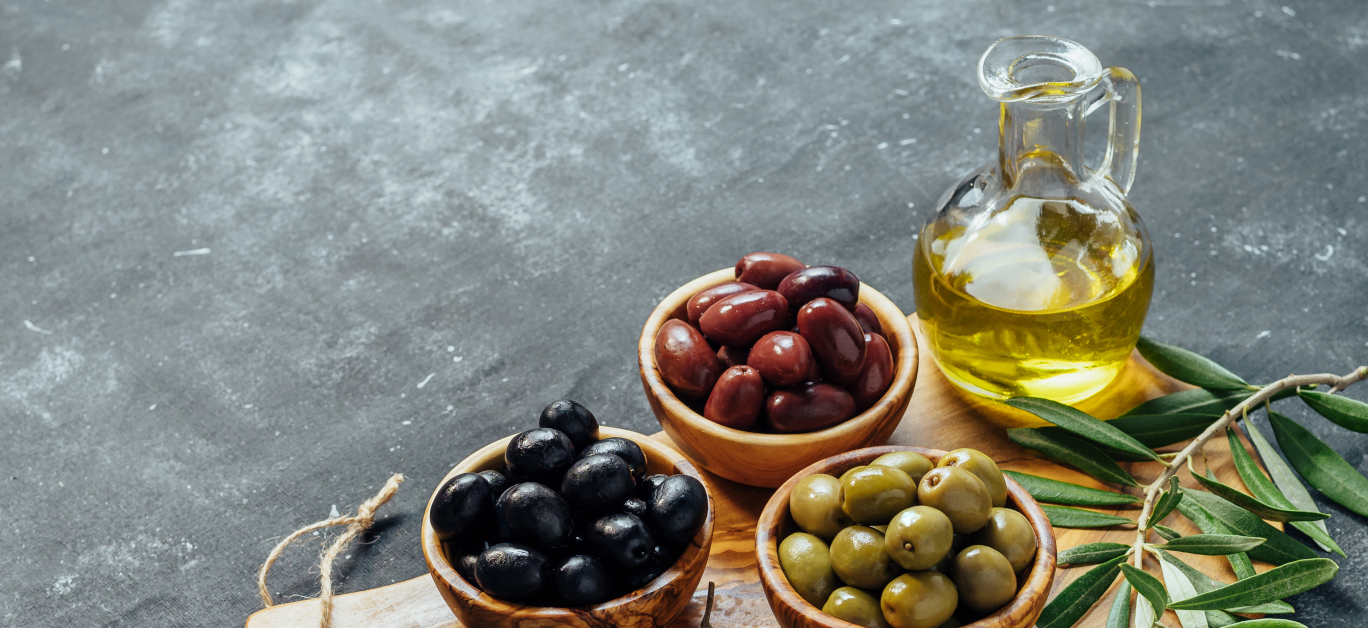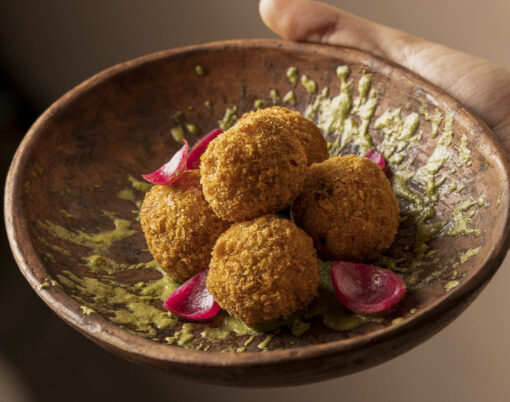You might think that choosing the perfect olive oil for you would be easy – after all, it’s only olive oil – but in reality, it’s not that simple. There are a surprising number of olive oils in existence which all vary greatly in flavour; therefore, if you’re hoping to enhance your cooking and overall dining experience, accentuating flavours that you love to ultimately create a dish that ticks all of your boxes, then there are specific things you need to consider before grabbing a random olive oil from the supermarket shelf.
This might sound like a daunting task. Where on earth do you begin? How do you decipher which olive oil type you like best? Thankfully, it needn’t be overwhelming; with a little guidance along the way, finding the perfect olive oil for you can be a simple and, more importantly, enjoyable process.
Charlie Menegatos is the owner of leading London restaurant chain Going Greek and is familiar with the nuances of olive oil and the things you ought to consider. Olive oil is deeply rooted in Greece’s history and Greek olive oil is considered top quality, globally. The country is even the third largest olive-oil producing country in the world. Here, Charlie draws upon century-old teachings and shares his own expertise, highlighting the essential considerations that’ll help you find your ideal olive oil. Read on to find out more.
First and foremost, invest in a good quality olive oil
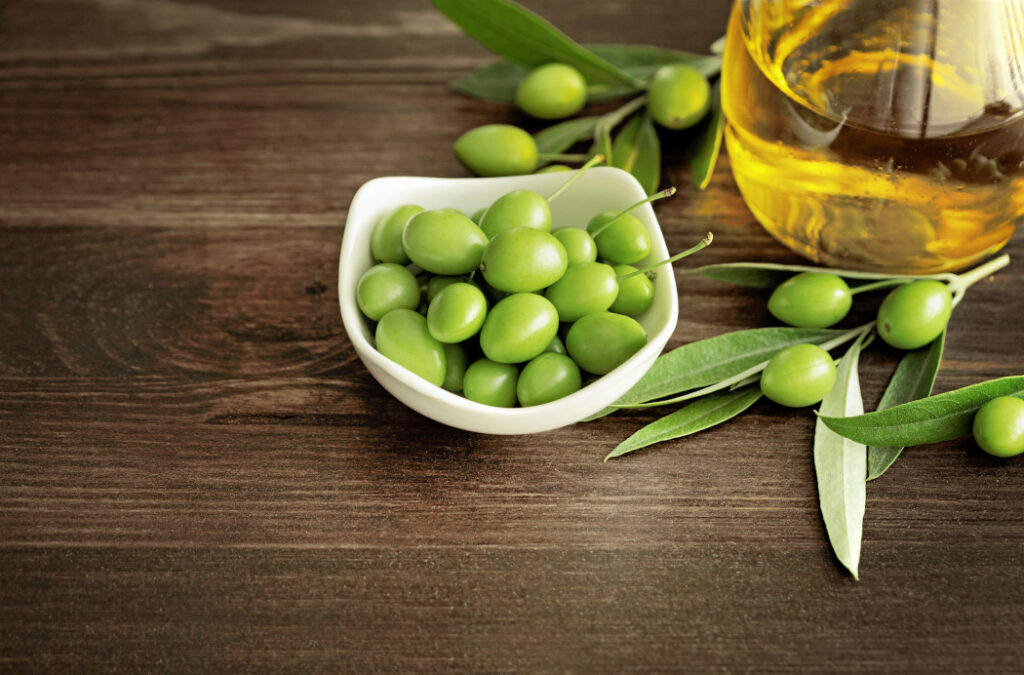
Olive oils aren’t all of the same quality – this I can say with the utmost confidence. You’ll see a tremendous difference when you use high-quality olive oils; they boast richer flavours and are smoother, and they’re not dull in any way which poorer quality alternatives can be.
High quality olive oils typically have fruity aromas; extra virgin olive oil is essentially a natural juice so it should have a clear, crisp scent. Although, remember that with any olive oil you taste, at first you’ll experience bitter flavours. You need to let this pass, paying close attention to the flavours that follow. If these are indeed fruity, you’ll know you’ve found a high-quality product.
Learn about olive oil tasting
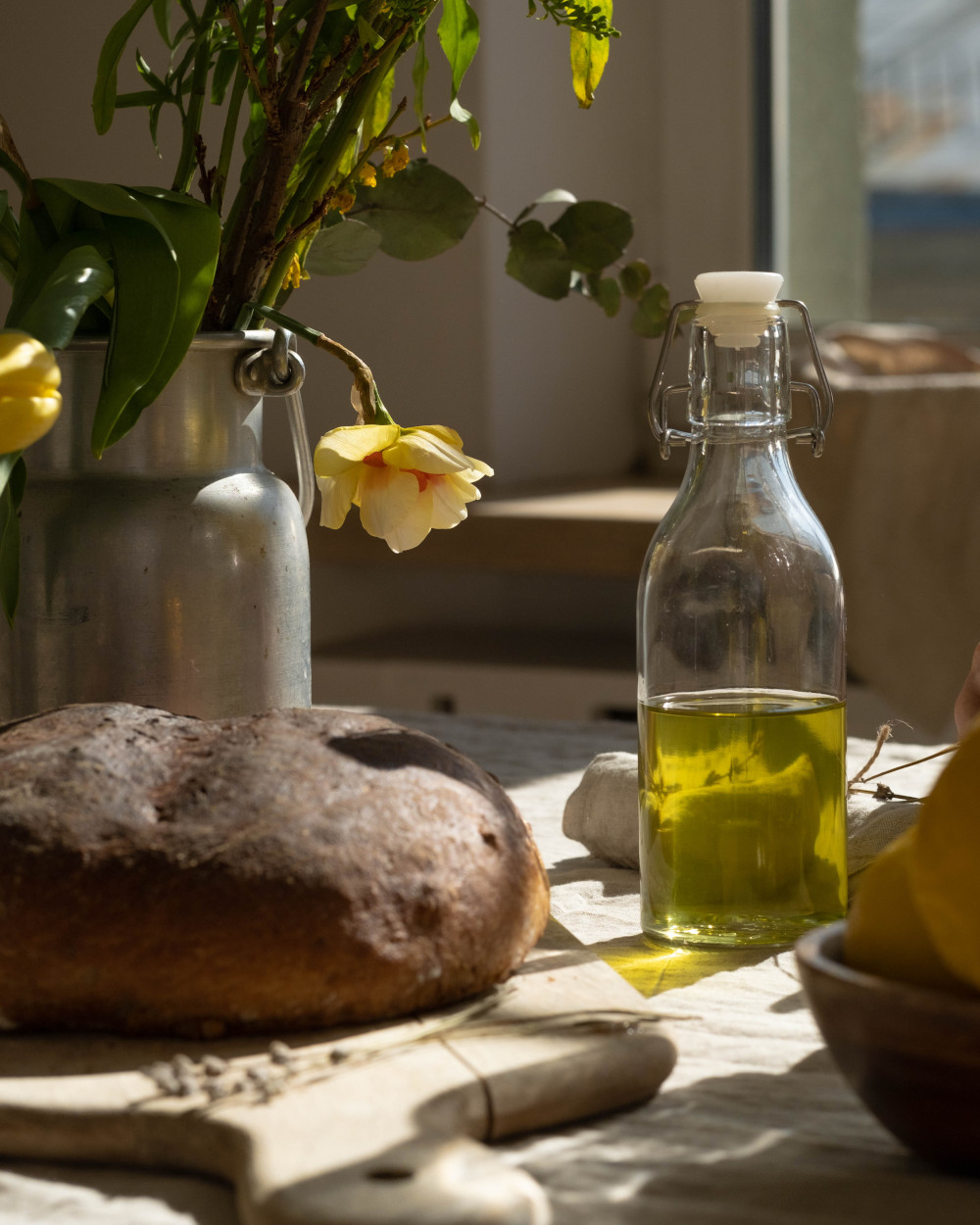
We’re all familiar with wine tasting, but for most, the concept of olive oil tasting sounds a little bizarre. However, olive oils are surprisingly complex, with subtle undertones and aromas which help to shape the flavour of an overall dish. To find an olive oil that flawlessly complements your flavour preferences, olive oil tasting is something you should explore.
This needn’t be an overly complicated process. When it comes to olive oil tasting simply remember the four S’s: swirl, sniff, slurp and swallow. Swirling the olive oil helps to release its aroma molecules, whilst smelling it allows you to see how intense it is. Then, sip a small amount and swish it through your mouth. Consider it’s aftertaste, whether it’s scratchy on the throat and whether or not you like its scent; if every box is ticked, you’re onto a winner.
Consider what you like eating
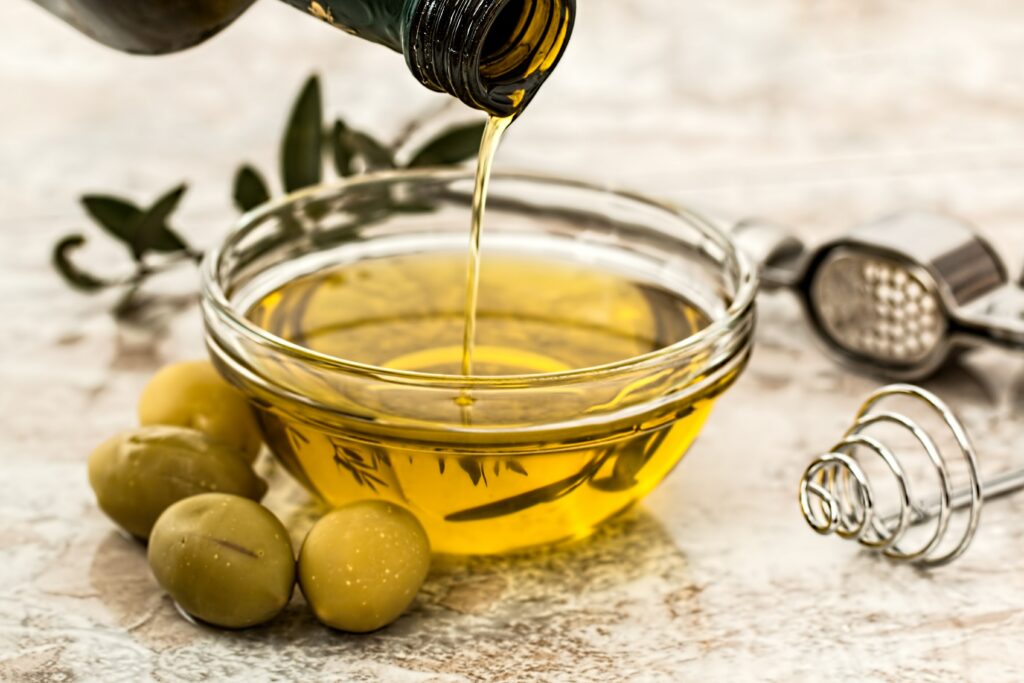
Your flavour preferences and the types of foods you enjoy eating will greatly influence which olive oil you should be buying. For example, do you prefer rich, hot meals or lighter alternatives? This might not seem all that relevant but it is; heat destroys the complex flavours in olive oils so there’s no point going for something subtle if you’re an avid fan of hot dishes. Comparatively, if you enjoy delicate foods like seafood and light pasta creations on a regular basis, subtler olive oils may well be a suitable choice.
If you’re a strong, punchy flavour lover who embraces all-thing spicy and bold, I’d always choose a strongly-flavoured olive oil. That’s the only way it’ll stand up against your ingredients’ natural flavours and enhance them.
Ask yourself, do you like fatty foods?
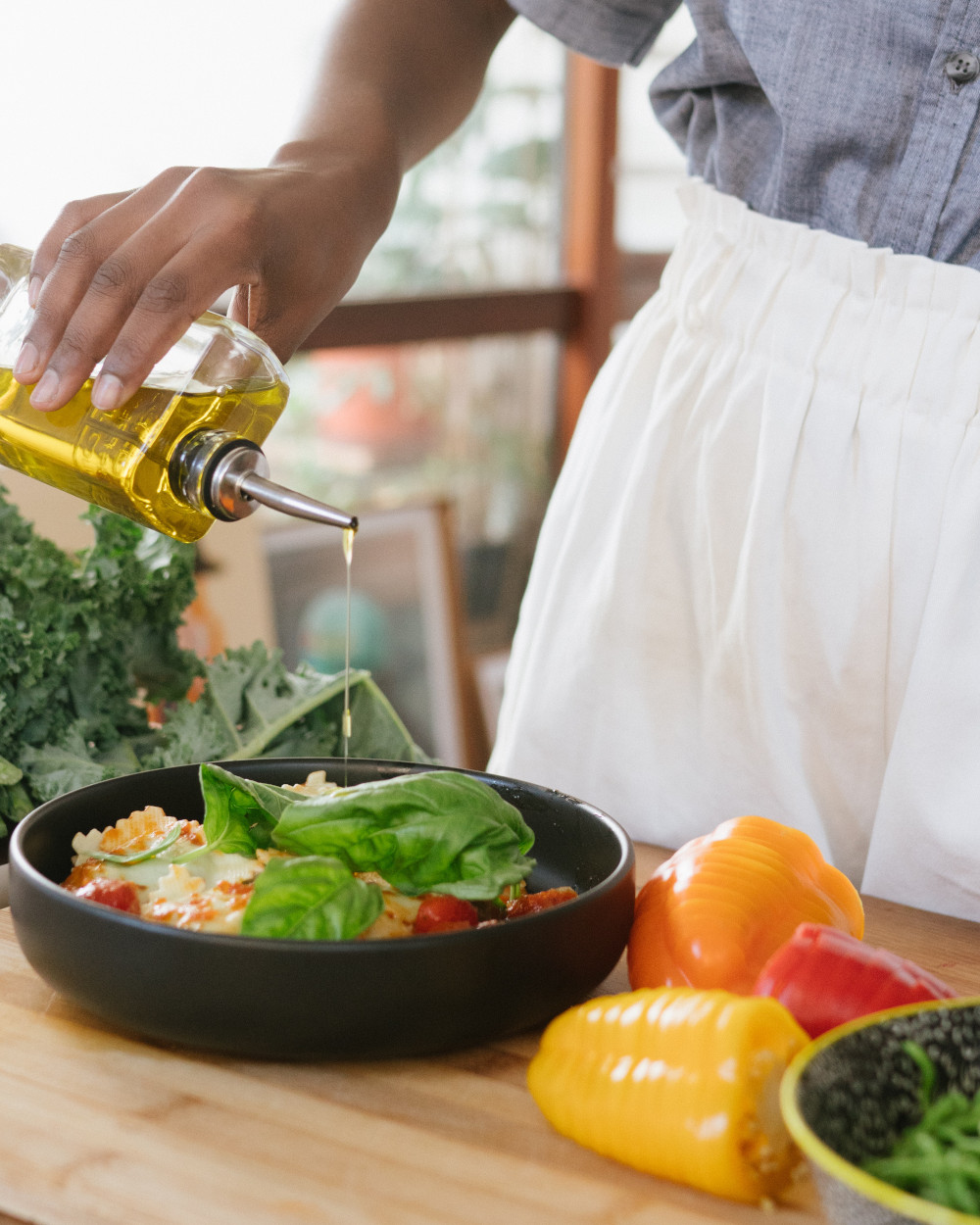
People who don’t enjoy fatty foods typically steer away from olive oil altogether, assuming it’ll add a flavourless grease. Thankfully, that needn’t be the case; if you don’t like fatty foods, you can still enjoy olive oil! The trick? Opt for something that’s more robust, with a fruity, herby flavour. Contrastingly, if you’re an avocado advocate who enjoys fatty flavours, go for something with a nut-like undertone.
Enjoy a tasting session
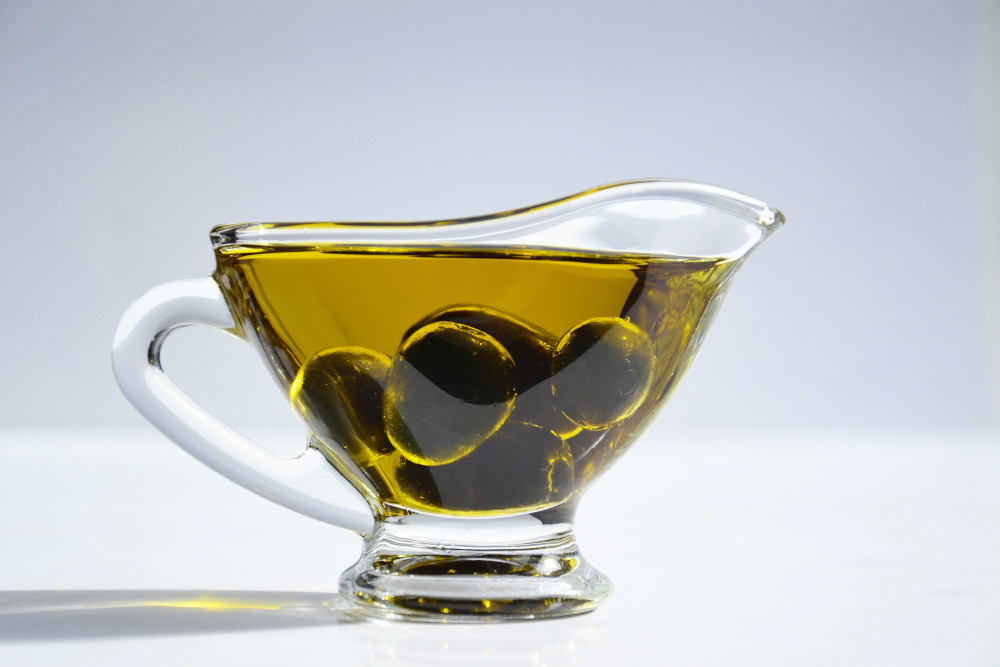
The only way you can decipher which olive oil suits you best is to sample some. Otherwise, you’re merely making a ‘guesstimation’. I would recommend buying three contrasting olive oils (including low, medium and high intensity options), trying each of them in turn. Then, you can make an informed decision and perfectly pair your olive oils.












